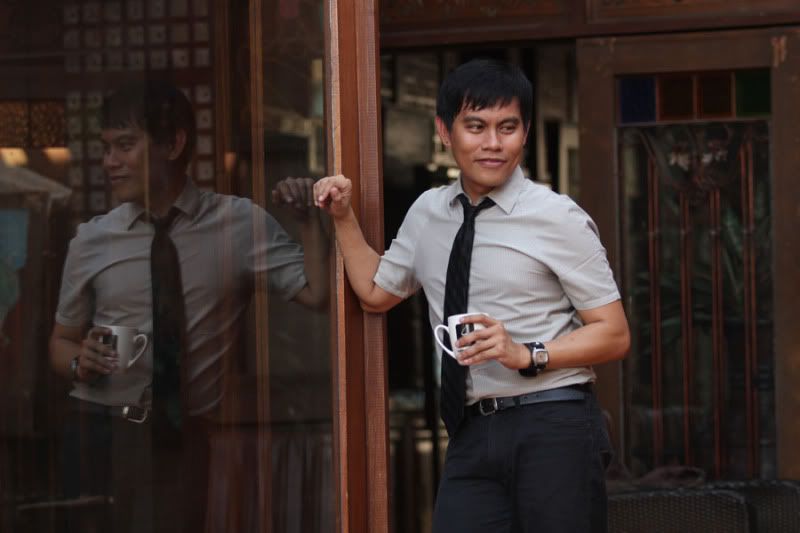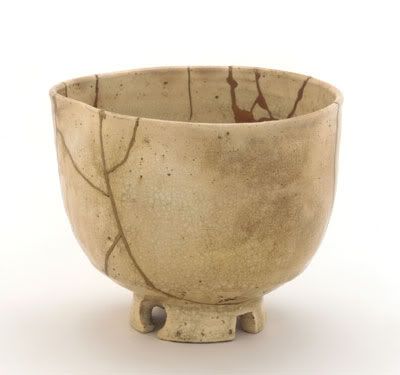Friday, August 17, 2012
 9:49 AM |
Some of What I’ve Learned
9:49 AM |
Some of What I’ve Learned
In the tradition of recent years, I would have said, “Today is the ninth anniversary of my 28th birthday.” But no more. I’m 37 years old as of this writing, plain and simple. There’s a good life behind that awesome number—especially coming from somebody who once dramatically thought he wouldn’t live past his 33rd birthday. Each day thereafter has always felt like an extension of a blessing, even taking note of all the hardships and the heartbreaks.

Edging past the mid-thirties is perhaps a time fraught with some of the most dramatic changes in a life—all of them internal, all of them requiring a bemused, if slightly alarmed, change of perspectives nobody really warns you about.
Because you still have some vivid memories of being very young and all that it entails: the casual if misplaced feeling of a limitless future; the late nights spent in pursuit of hedonistic bliss; the energy that seems incapable of running out. But what you soon learn is this: you’re young, and suddenly you’re not so young anymore. Forty is suddenly not too far away.
But you learn to live with that acknowledgment, the way you learn to accommodate your autobiography of mistakes. You learn to pace yourself as your body slowly betrays you, often in subtler ways than you can imagine. You learn to deal with broken dreams and too many compromises. You learn to harden up just a bit more into the realization that you can’t really please everybody. You learn there’s a sudden finiteness to the future, and you must indeed plan for it. You learn that you really are your parents’ child, after all, after years and years of denial and rebellion.
You also learn to accept, with some bewilderment, that you have become The Man. Somehow now a part of the “establishment”—that shadowy distinction in the adult world which the very young instinctively flails against. Ten years ago, for example, I edited an anthology titled
FutureShock Prose: An Anthology of Young Writers and New Literatures, with all the conceit of generational writing (and anthologizing). I made a young man’s claim that this was “us,” that this was “now”—that we were a generation of writers markedly different from those that came before. And perhaps that was so. We were
the “young writers.” We were, in the borrowed words straight from Alvin Toffler and modified by Cesar Ruiz Aquino, “future shock.”
But last year, also during my birthday, Carljoe Javier—who comes from my generation of writers—came all the way from Manila to help with the launch of my books
Beautiful Accidents and
Heartbreak & Magic in Dumaguete. In the middle of a bite of pizza in Hayahay, he confessed to me this astonishment: “I was with some younger writers the other day, Ian—and it suddenly occurred to me that to them, we were already old fogeys. And there I was still thinking, ‘I am a young writer!’” Apparently, we no longer are. None of us know when that happened, or when the tectonic plates shifted—but we were the new establishment.
Ouch.
But you learn to live with that.
What I’ve learned the most, however, is the appreciation of my own mistakes. In many ways, my mistakes make more sense to me than my triumphs because they seem to be the very molders of character. I am, shall we say this then, the fruit of my mistakes, and what I’ve accomplished thus far seem very much only the icing of lessons learned from them.

The Japanese have a way of putting this metaphor for life in their art. They call the process of mending broken things—broken vases, broken cups, broken teapots—with gold molding “kintsugi.” As the artist Barbara Bloom once described it: “…They aggrandize the damage by filling the cracks with gold, because they believe that when something’s suffered damage and has a history it becomes more beautiful.”
Makes sense to me.
This way, my heart—and my life—is all history and glitter. And I like the very idea of that.
Labels: life, love
[1] This is Where You Bite the Sandwich
GO TO OLDER POSTS
GO TO NEWER POSTS

















 9:49 AM |
Some of What I’ve Learned
9:49 AM |
Some of What I’ve Learned

